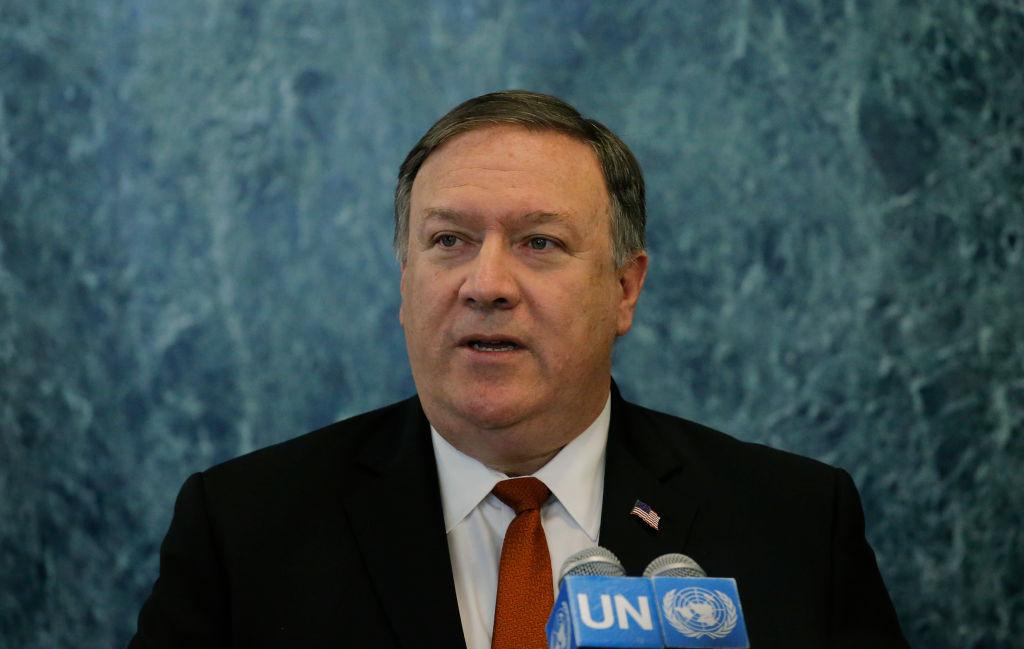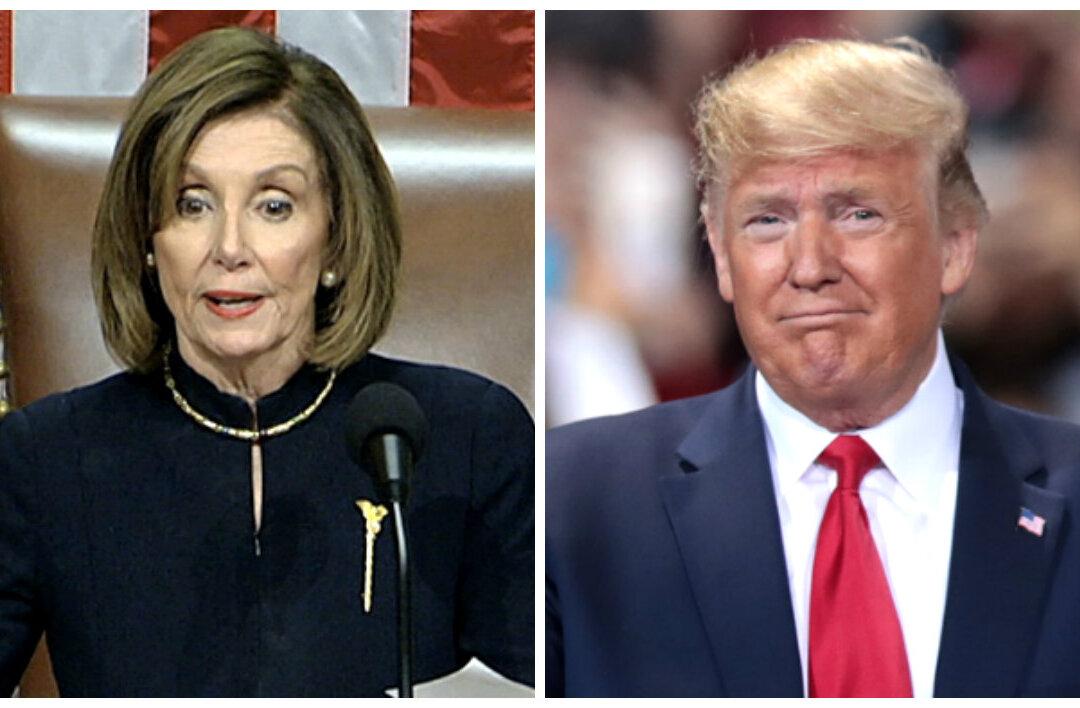Secretary of State Mike Pompeo said today that while the United States is committed to maintaining sanctions on North Korea until it dismantles its nuclear arsenal, some countries have broken agreed-upon sanctions by providing petroleum to the rogue regime above and beyond what is allowed.

U.S. Secretary of State Mike Pompeo speaks to members of the media at the U.N. headquarters in New York City on July 20, 2018. Pompeo met with the UN Security Council for a briefing on the North Korea Summit. Kena Betancur/Getty Images

Holly Kellum
Washington Correspondent
|Updated:



